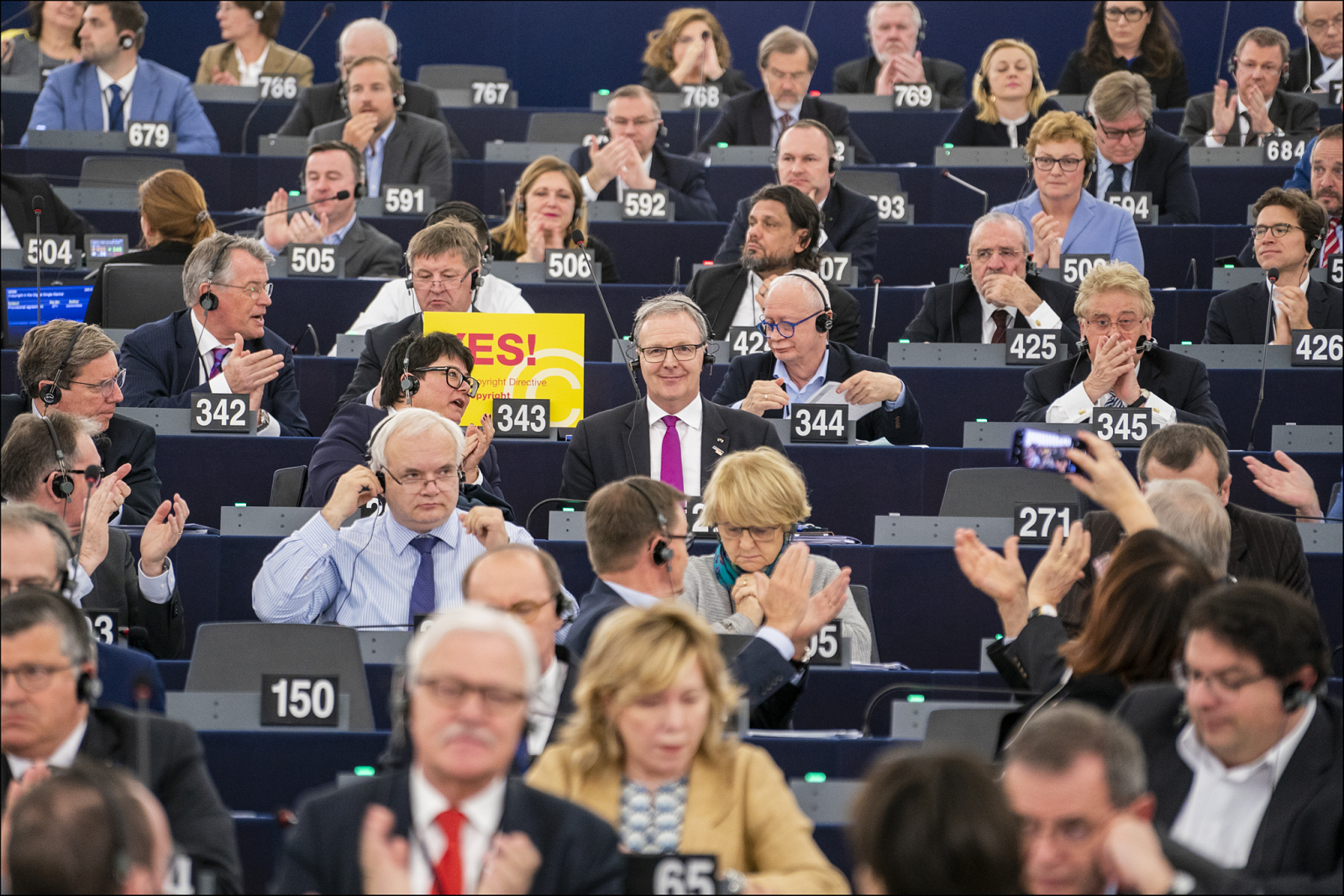
Photo of Greta Thunberg from twitter
A Swedish teenager goes from country to country in Europe, aiming salvos of scientific truth about climate crisis at the world’s recalcitrant political and corporate leaders, most of whom are working very hard to pretend that there is no global climate crisis.
There is a broad and trenchant symbolism embedded in her words and actions, that reaches into the very soul of humanity.
“If we ignore, neglect or marginalize her, we are symbolically doing the same to every young person who stands up and enunciates truths, especially when those truths are firmly articulated by the Intergovernmental Panel on Climate Change. If we negate Thunberg, we negate one of our most sophisticated and independent systems for understanding the world and communicating our best insights about it.
Such a negative response is particularly heinous when we all know that this young person will be alive long after most of the dominant figures in the corporate and regulatory sector will be dead, and thus will have to deal tomorrow with the results of their inaction.
In my view, we need to take the concerns of youth like Thunberg seriously, take their words into our hearts and minds, and then broadly and firmly act on them. Our common humanity depends upon it.” MORE



